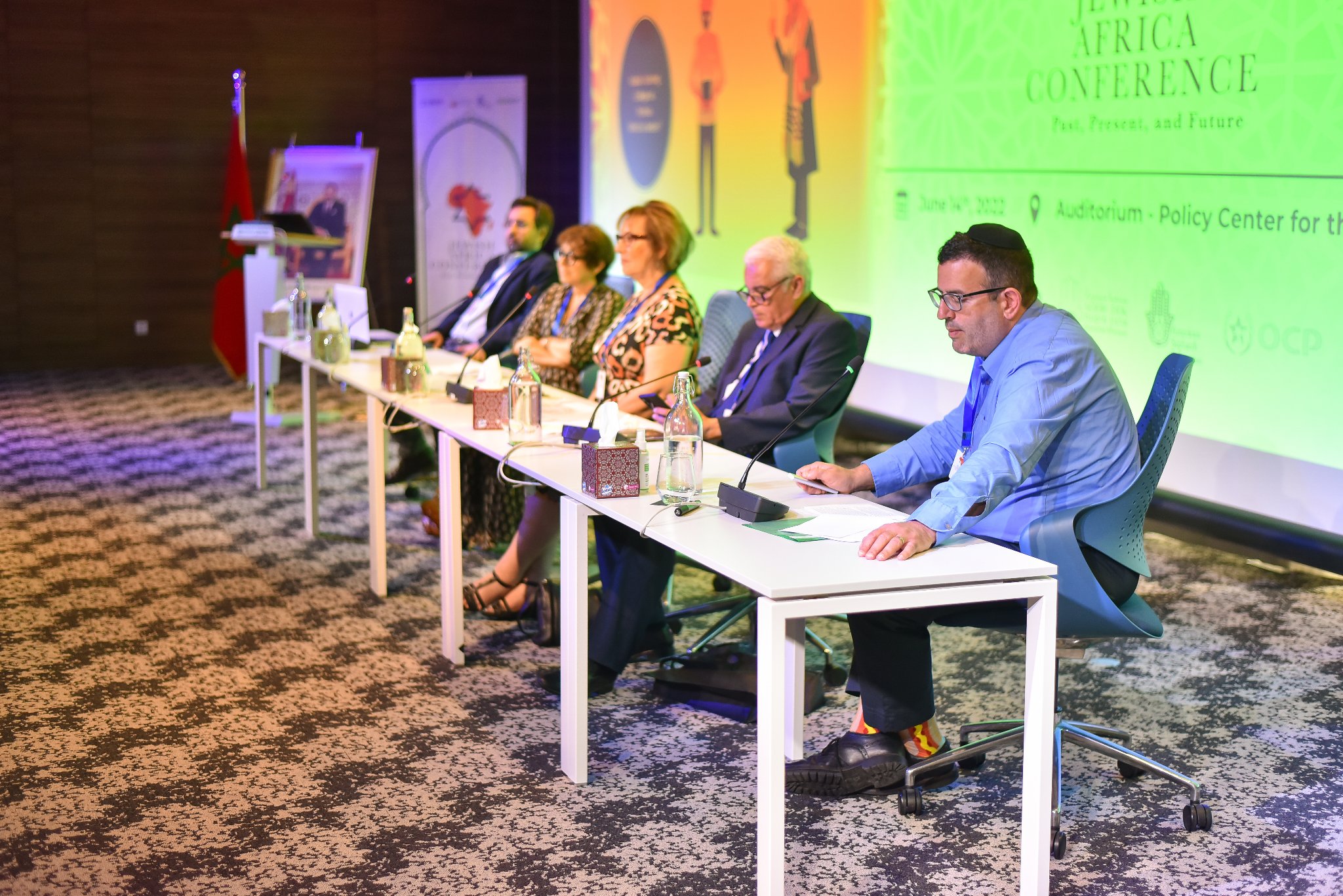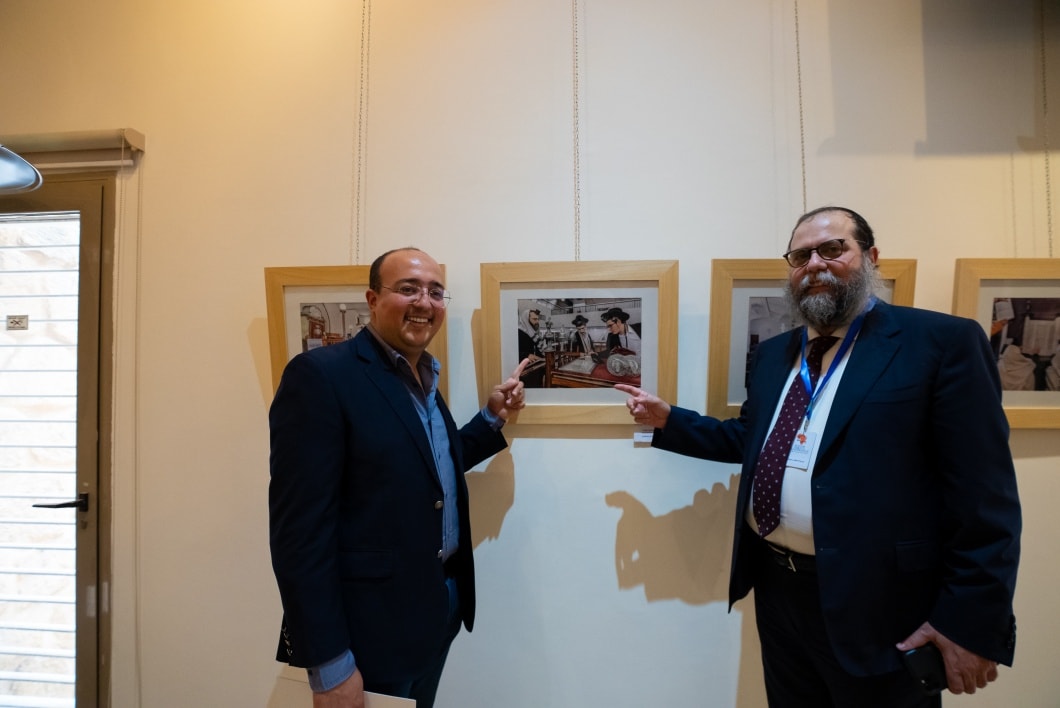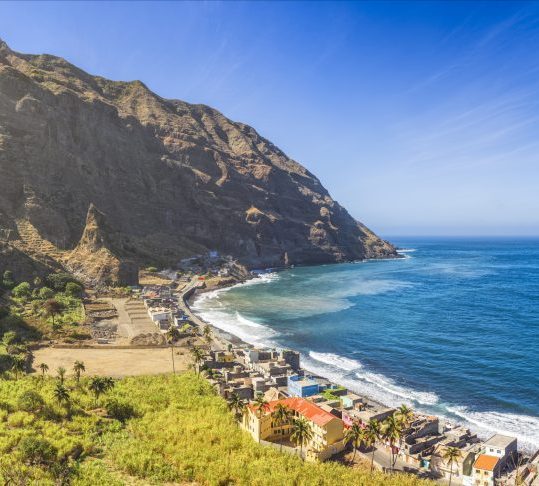The conference provided a whole new perspective on Jewish Africa and a realization that across the continent there is a Jewish life with ups and downs alongside a relatively new, growing Jewish identity which requires a better understanding.
Building on the findings and conclusions of the Strategic Planning Lunch, a session with the goal of Developing Plans and Projects for the Future of Jewish Africa, the focus groups determined that most of the recommendations converged toward one major idea which is the need to organize a second edition of the Jewish Africa Conference in the African continent.















